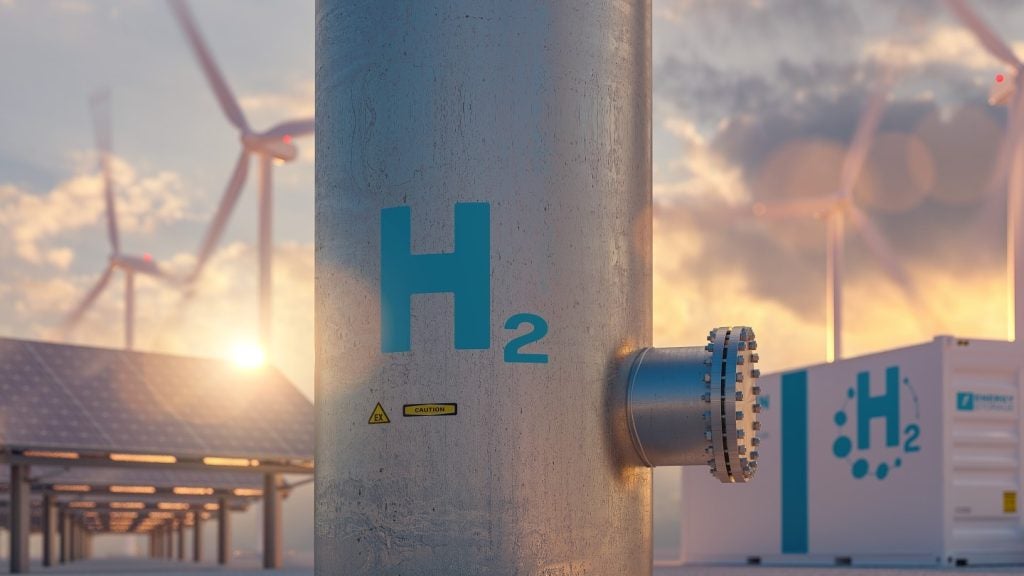Orsted has been granted a patent for a method involving enzyme composition to solubilize Municipal Solid Waste (MSW). The process includes a specific blend of enzymes, including cellulolytic components and additional enzymes like protease, lipase, and beta-glucanase, to efficiently break down waste materials. GlobalData’s report on Orsted gives a 360-degree view of the company including its patenting strategy. Buy the report here.
According to GlobalData’s company profile on Orsted, DC-DC converters was a key innovation area identified from patents. Orsted's grant share as of January 2024 was 37%. Grant share is based on the ratio of number of grants to total number of patents.
Method for solubilizing municipal solid waste using enzyme composition
See Also:
A recently granted patent (Publication Number: US11884955B2) discloses a process for solubilizing waste, specifically Municipal Solid Waste (MSW), using an enzyme composition. The process involves contacting the MSW with the enzyme composition, which includes a cellulolytic background composition comprising various enzymes such as cellobiohydrolase I, cellobiohydrolase II, beta-glucosidase, and a polypeptide with cellulolytic enhancing activity. Additionally, the enzyme composition may contain protease, lipase, beta-glucanase, pectate lyase, mannanase, and amylase at specific ratios. The patent also details the specific sources of these enzymes, such as Bacillus for protease, Thermomyces for lipase, and Aspergillus for beta-glucanase.
Furthermore, the patent outlines various claims related to the enzyme composition's components, ratios, and their sources. For instance, it specifies the presence of enzymes like pectate lyase, mannanase, and amylase in the composition. The patent also mentions the ratios at which these enzymes should be present in the composition to effectively solubilize the waste. Additionally, it provides details on the cellulolytic background composition's optimal ratio within the enzyme composition. The patent aims to offer a comprehensive and efficient process for waste solubilization using specific enzymes and their variants, enhancing the breakdown of MSW for potential industrial applications.
To know more about GlobalData’s detailed insights on Orsted, buy the report here.
Premium Insights
From

The gold standard of business intelligence.
Blending expert knowledge with cutting-edge technology, GlobalData’s unrivalled proprietary data will enable you to decode what’s happening in your market. You can make better informed decisions and gain a future-proof advantage over your competitors.







